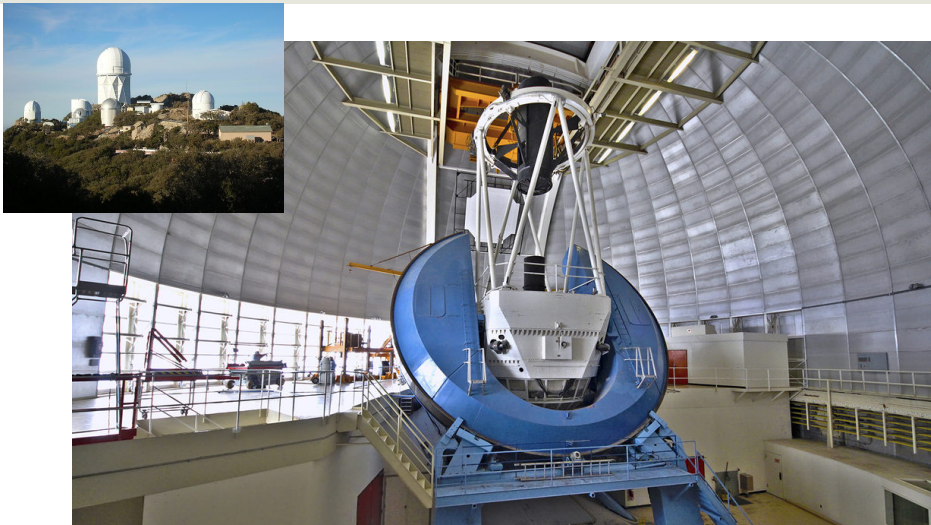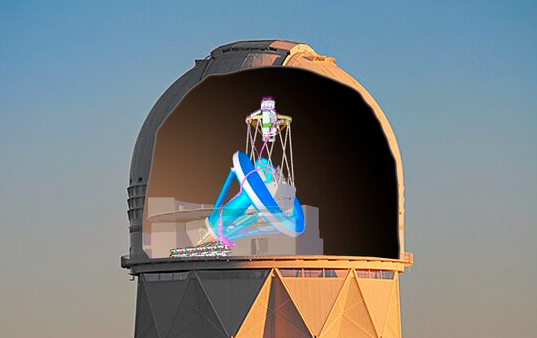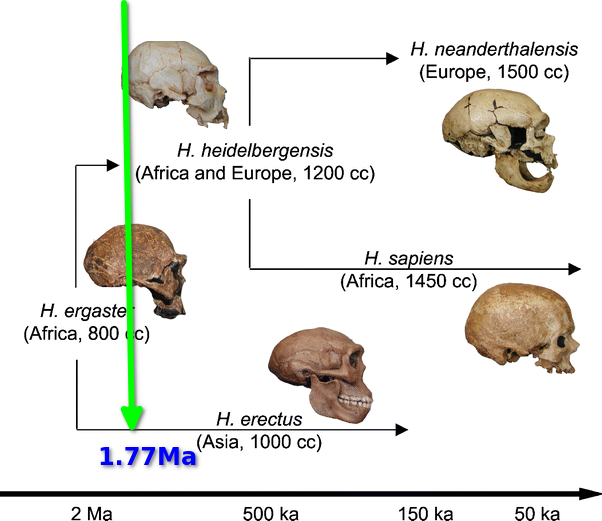Tau seems like the only remaining target for treating alzheimers so it good to see a new drug thats active in that space. Antiamyloid treatments have been ineffective. Interesting that it strenthens healthy tau structures rather than reducing overall levels of this useful/vital molecule Compared to this drug https://www.ucl.ac.uk/news/2023/apr/first-gene-silencing-drug-alzheimers-disease-shows-promise for example
neutronbumblebee
Some points from the article:
Most scientific papers are incremental and rarely make headlines, with only a few results reaching the public. To assess scientific news, consider the timeline. Significant findings often build on years of research and also the scope, since broader claims usually lack robust support. Patience is essential - scientific conclusions are built via debate and scrutiny and evolve. While some science is just too incomplete to reach firm conclusions yet. The evidence is still accumulating. Like claims about the small-brained human relative Homo naledi. Did they make art, use fire, and bury their dead as claimed? Probably, but it's too soon to say for sure.
Examples from the article include the South Pole telescope finding primordial waves from the earliest moments of the Big Bang - which sadly was just local dust. Also the phosphine in the Venusian atmosphere which the discoverers proposed came from some form of exotic life floating in the cloud tops. That was just flawed methodology.
Exciting research is often incorrect due to speculative ideas or over-narrow parameters. But speculation is needed. "if we knew the answers ahead of time, we wouldn’t need to do science". Scientists also face pressure to publish high-impact results. That can lead to exaggerated findings or even fraud. Additionally, media sensationalism can distort scientific reporting. Trust in science has declined as contradictory claims in the media promote doubt about the scientific method. Some discoveries, like gravitational waves, are compelling and well-founded, but most intriguing results need caution.
Its a nice bit of tech. 73M in construction costs. The focal plane instrumentation alone weighs 10 tonnes. It includes 5,000 small computer controlled fiber positioners. The entire focal plane can be reconfigured for the next exposure in less than two minutes while the telescope slews to the next field. The DESI instrument is capable of taking 5,000 simultaneous spectra of different Galaxies

Also, for those concerned that Human brains have shrunk over the last thirty thousand years, there is good news: A large-scale study published in March 2024 by researchers at UC Davis Health found human brains have been getting larger over the last few decades. Study participants born in the 1970s had 6.6% larger brain volumes and almost 15% larger brain surface area than those born in the 1930s. This steady increase for people born after the 1930s, is believed to be due to better nutrition. https://health.ucdavis.edu/news/headlines/human-brains-are-getting-larger-that-may-be-good-news-for-dementia-risk/2024/03
These are the massive black holes that lurk at the core of most galaxies. Like the one at the center of our own milkyway galaxy. The question remains do they form at the center of baby galaxies or are they the seed which triggers a galaxy to develop and they just grow even larger over time. If early galaxies had massive black holes for their galaxy size, that suggests the last option. Primordial black holes that is ones that were formed in the big bang have been a possibility for a long time. They have been talked about by astronomers since the 1970s. It great that so much is being discovered now. Lots of surprises still coming I suspect. More info on primeval black holes here. https://physicsworld.com/a/concerning-primordial-black-holes/




Use of Weapons is one of his best I feel. https://www.theguardian.com/books/2012/jul/20/book-club-use-of-weapons-iain-m-banks (contains spoilers)